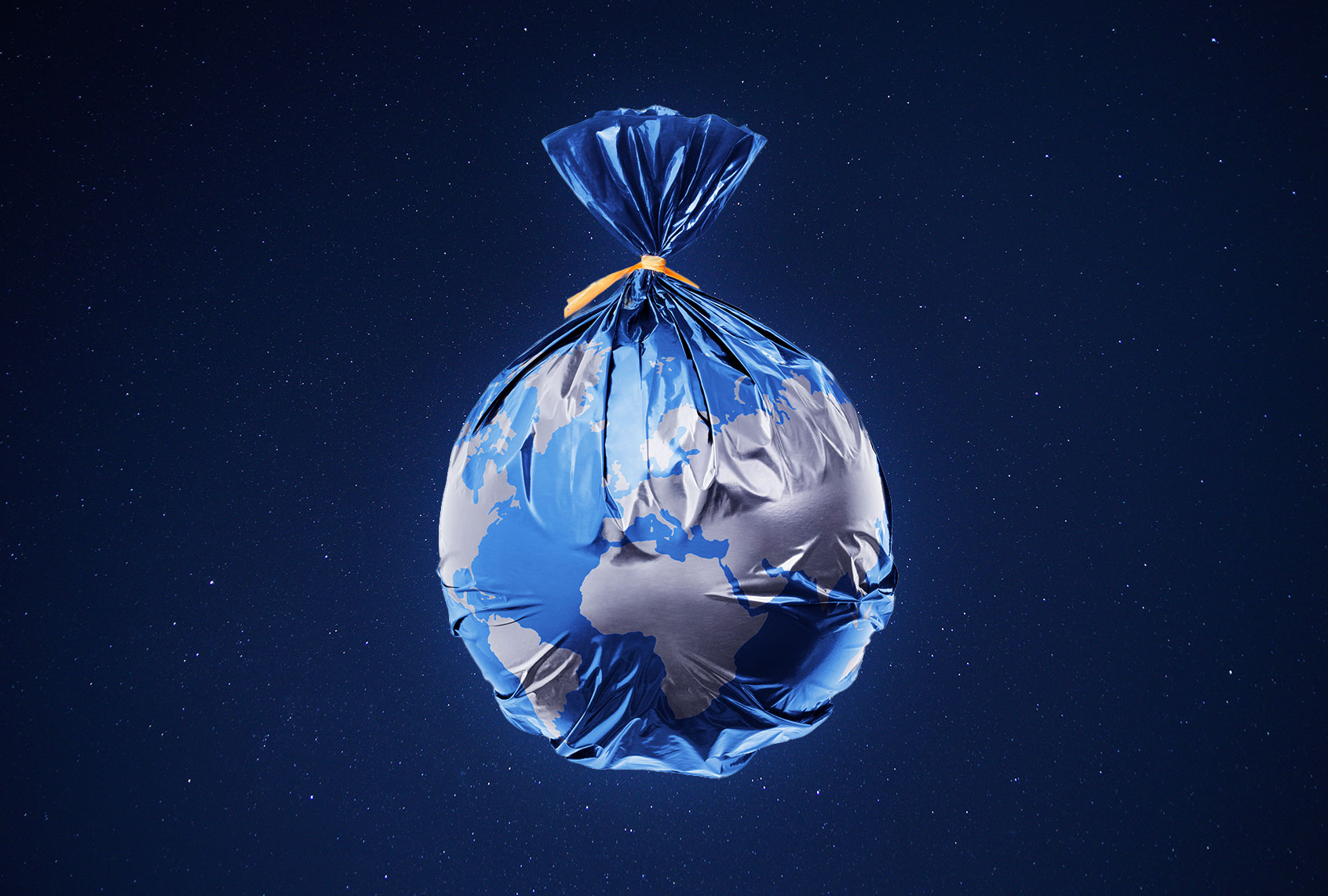Speaking to Salon in April, John Hocevar — the Oceans Campaign Director for Greenpeace USA — brought the horrors of plastic pollution to vivid life by describing one of its more heartbreaking consequences: the suffering it inflicts on innocent sea creatures.
“We’ve seen pictures of whales washed up on beaches with their stomachs full of plastic bags or sea turtles with straws up their noses or albatrosses dead with stomachs full of bottle caps and lighters and other bits of plastic,” Hocevar explained. “Sharks and turtles will take a bite out of a plastic bottle at sea or sea turtles often might be entangled in plastic bags or choke on them because plastic bags can resemble a jellyfish, a major source of food.”
Now, a report on plastic pollution, written by Pew Charitable Trusts and endorsed by the U.N. undersecretary-general, says the world needs to implement drastic measures to make sure no new plastic enters the ocean as of 2050, which is a major goal of 19 countries and the European Union. The report was released in tandem with a peer-reviewed analysis of an “evidence-based, comprehensive, integrated, and economically attractive pathway to greatly reduce plastic pollution entering our ocean” which was published in Science. The report describes itself as a “roadmap” to reduce plastic pollution on a global scale to the extent that the oceans suffer no more of it.
Sadly, humanity is nowhere near achieving that objective, the report claims, and offers eight steps to turn things around. Those steps include “reduce growth in plastic consumption,” “substitute plastics with suitable alternative materials,” “design products and packaging for recycling,” “expand waste collection rates in the Global South,” “increase mechanical recycling capacity globally,” “scale up global capacity of chemical conversion,” “build safe waste disposal facilities” and “reduce plastic waste exports.”
Sen. Jeff Merkley of Oregon, who chairs the Environment and Public Works subcommittee that oversees environmental justice, waste management and chemical safety, introduced the Break Free From Plastic Pollution Act earlier this year in order to put America on the road to a sustainable future. He later explained to Salon that he is pushing for this legislation because “if we keep proceeding with business as usual, the air we breathe, the soil we use to grow our food, and the waters that countless communities rely on will only become more and more polluted —putting Americans’ health, particularly in communities of color and low-income communities, at serious risk.”
Want more health and science stories in your inbox? Subscribe to Salon’s weekly newsletter The Vulgar Scientist.
Beyond the effect of plastic pollution on large marine animals, plastic pollution has myriad other consequences for human health and wildlife. The prevalence of synthetic polymers, both on land and in the ocean, has been linked to dropping sperm counts as well as incidences of cancer and immune diseases. Studies have found that there are more microplastics than zooplankton (a vital part of the ocean food chain) in the ocean. A 2016 report from the World Economic Forum even projected that there would be more plastic waste than fish in our oceans by 2050.
Indeed, perhaps the greatest threat presented by plastic pollution to humans is dropping sperm counts. Synthetic polymers include a number of chemicals that serve as so-called “endocrine disruptors,” meaning they interfere with the healthy functioning of the glands that produce hormones. These endocrine disruptors are linked to dropping sperm counts that have continued since the 1970s and which, if they continue unabated, could cause human males to become infertile.


